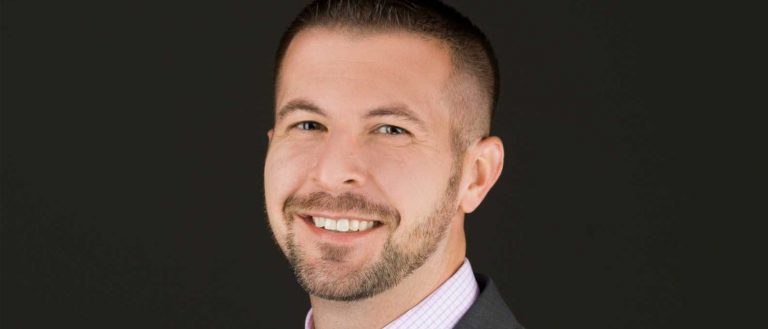In 2018, eight years after starting his lab, Paul Tesar was formally asked about his mentoring philosophy for the first time. He’d been nominated for a mentorship award and, as a finalist, had to answer questions about his mentorship style and strategy.
The problem was Tesar never spent time putting together a formal mentoring plan—and he was not aware of actually having a strategy.
“I just did what felt right to maximize the success and happiness of each person in the lab,” Tesar explained. “I asked the selection committee during the interview, ‘Isn’t that my job as a professor?’”
The response from one of the panel members was something Tesar will never forget: “The joy and productivity that radiates from your trainees surely does not happen by accident.”
After considerable reflection, Tesar, professor in the Department of Genetics and Genome Sciences at Case Western Reserve University School of Medicine, realized his innate mentoring style is an amalgamation of lessons learned from his own scientific mentors, and, notably, from years of participation on competitive sports teams.
He ended up winning that award in 2018—the Diekhoff Award for Graduate Student Mentoring. And now, he’s been recognized yet again. Tesar just earned the Landis Award for Outstanding Mentorship from the National Institute of Neurological Disorders and Stroke (NINDS), which is part of the National Institutes of Health (NIH).
According to Marissa Scavuzzo, who led Tesar’s nomination group and is a postdoctoral researcher in his lab, Tesar’s commitment to mentorship has had and will continue to have a broad impact on the scientific community.
“Paul is the most remarkable mentor I have encountered in my extensive scientific career,” Scavuzzo said. “His commitment to each trainee and their individual needs and goals is unparalleled.”
Scavuzzo joined the Tesar Lab as a postdoctoral fellow in 2018, after completing her PhD at Baylor College of Medicine. She was drawn to the opportunity after seeing several of the team’s groundbreaking papers, deciding to ask Tyler Miller—an MD/PhD student in the lab who now serves as chief resident at Massachusetts General Hospital—about his experience.
“When I spoke with Tyler, his admiration and gratitude for everything Paul had done for him was palpable,” Scavuzzo noted. “When I interviewed, it was apparent why Tyler had so much enthusiasm for Paul, and I couldn’t help but stare at the painting of a tree in his office, with each leaf representing a person who had trained in the lab.”
Alumni of the Tesar Lab have gone on to study at Harvard, Emory, Stanford, Yale, University of Pennsylvania, and Wheaton College, to name a few. Others are PhD candidates and medical residents—and several are scientists at organizations such as Convelo Therapeutics and New York Stem Cell Foundation. Wherever they land, each credits Tesar for helping them find success.
“I pride myself on training well-rounded, happy scientists,” Tesar said. “Lots of trainees ‘do’ science but very few are given the opportunity to actually learn how to be a scientist. All of my trainees are given full access to understand me and my job. This includes training in hiring, grant writing, reviewing, marketing, budgeting, mentoring, and scientific rigor.”
Ben Clayton—another postdoctoral researcher in the lab—said Tesar has been a relentless advocate for him and his goals.
“Throughout my scientific career I have had the great fortune of working with exceptional mentors,” Clayton said. “Even among the extraordinary mentors that I have had, Paul still stands out. His commitment to my scientific growth as well as my career and personal growth has been life changing.”
The Landis Award is named after Story Landis, former director of the National Institute of Neurological Disorders and Stroke (NINDS), a division of the NIH, and founding chair of the Department of Neurosciences at CWRU. The award is given annually to up to five researchers and includes a $100,000 supplement to an existing NINDS award.
“We congratulate this year’s recipients of the NINDS Landis Award for Outstanding Mentorship. These individuals have all shown a consistently exceptional commitment to mentorship over a period of years, have fostered research environments that promote diversity and welcome diverse perspectives, and an emphasis both as scientists and trainers on conducting experimentally rigorous science,” said Stephen Korn, PhD, the director of NINDS’ Office of Training and Workforce Development.

